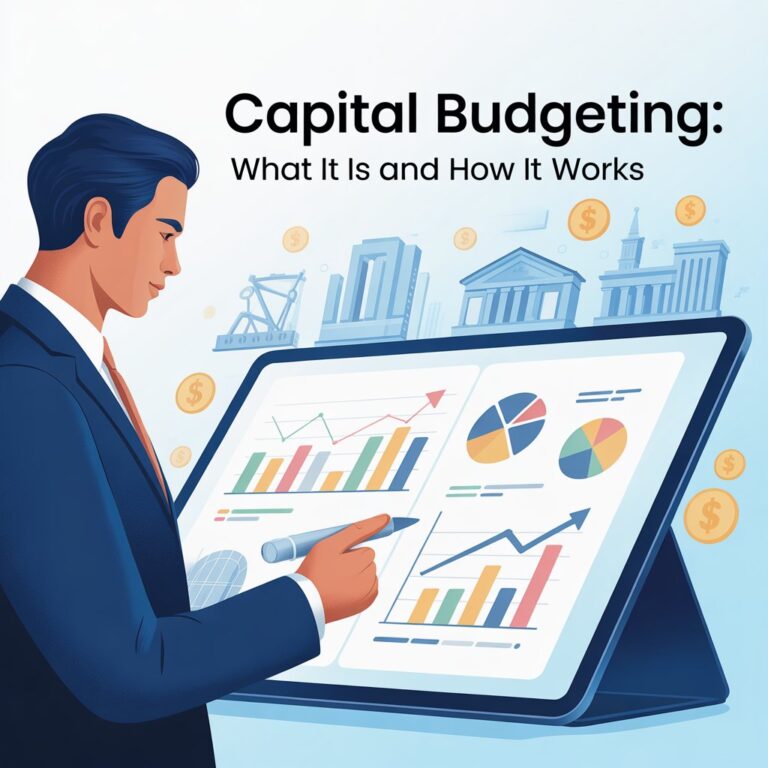Black Swan Events, might be interesting to you. Maybe you don’t know about them or you are thinking about them. You maybe have a questions about them.
Stop searching, you are in right place. This blog is going to help you to understand black swan events.
Many people have benefited from this blog. This content has enough relevant information to make you knowledgeable on black swan events. Read carefully, this is going to answer all of your questions. So, get ready to make a deep dive into it.
What do birds have to do with finance, anyway?
Black swans are beautiful creatures that are native to Australia. They’re pretty rare here in the US, but if you keep your eyes peeled, you may see one in Florida or California every once in a while.
Since this is a blog about finance, you may be wondering why we are talking about these majestic birds. Well, when you hear someone refer to a black swan, there is a good possibility that they are not talking about birds at all. There’s a pretty good chance they’re talking about what has become known in the world of finance as a black swan event.
What is a Black Swan Event?
In financial world, we refer to unpredictable events that exceed the expected ebbs and flows of the economy “black swan events.”
This event is always categorized by its extreme rarity, potentially severe consequences or impact, as well as the widespread argument that, in hindsight, we all should have seen coming .
So, why is such a potentially dire event named after these super cool creatures?
Well, to answer that question, I’m going to have to digress, which, if you follow this blog long enough, you’ll know that I love to digress!
The History of the Black Swan
The term for these rare events originates from the early beliefs that all swans were white because a black swan had never been seen before. But, when an explorer discovered black swans in Australia, that belief was shattered.
The discovery of the black swan was an unexpected scientific event that profoundly changed history and zoology forever.
Can you imagine what it must have been like to be the first Westerner to come across a black swan?
They might not have believed their eyes.
Maybe they thought they were cursed, like when a black cat crosses your path.
Perhaps they thought they had found the next unicorn.

Even though the Dutch had never seen a black swan, it didn’t mean they didn’t exist. The Aborigines (native peoples) knew all about black swans. According to them, the story of the black swan begins with two brothers.
With a little bit of magic, the brothers became white swans to go undercover to help raid a nearby tribe and steal their weapons. I guess no one would have thought twice about the appearance of the swans. Oh! That little bit of magic came in the form of a crystal stone.
Gosh, this sounds a bit like Harry Potter!
After the raid, which I believe went well, a couple of eaglehawks saw the swans just minding their own business. I’m not sure if they were enemies, hungry, or just love picking fights. Anyway, these particular birds had it out for the swans and tore their feathers right off.
Since crows were the “sworn” enemies of eaglehawks, a bunch of crows came to the aid of the bleeding swan brothers. Since they didn’t have feathers, the crows graciously gave them their own black feathers to cover them.
There you have it. That’s how the black swan came to be. According to the Aborigines, at least.
Could this have just been another mermaid incident?
Some say that mermaid sightings were nothing more than cases of mistaken identity where sailors confused manatees (also known as sea cows) for creatures that were part fish and part beautiful woman.
Either sailors had TERRIBLE eyesight or, like Jack Sparrow, they drank a little too much rum.

Although the Dutch had never seen a black swan, it didn’t mean that they didn’t exist. Indeed, the Aborigine natives knew all about the black swan, and their culture was rich with legends about the gorgeous birds.
Black Swan Events: When the Impossible Happens!
Throughout history, humans have refused to believe in the existence of things simply because they hadn’t seen them with their own eyes. Take, for example, germs and radiation. Many people had to be killed by both before humans finally accepted their existence through scientific proof, and, like the discovery of the black swan, their discovery changed the way we looked at the world forever.
Throughout history, the black swan has been used to symbolize “impossibility.”
It’s kind of like the equivalent of saying, “Yeah, that will happen when pigs fly!”
In other words, it’s impossible.

How Black Swan Events Became Part of Finance
In 2007, a Wall Street trader, finance professor, and author named Nassim Taleb applied the black swan concept to financing for the very first time by coining the phrase, “black swan event,” in his book entitled, “The Black Swan: The Impact of the Highly Improbable.”
In his book, Taleb argues that there are three characteristics of a black swan event:
- Something RARE has occurred.
- It had a earthshattering impact on society.
- In retrospect, it was a relatively easy solution.
For more on this subject, check out our podcast here:
Note: Take a listen to our podcast for more here:
There have been several black swan events from a financial perspective, most of which we would like to forget about altogether.
One of the most significant of these events occurred once the book had already been out. In this case, it was the 2008 financial crisis, which fit all of the author’s criteria for a black swan event:
- It was something we had never seen before (RARE).
- It had an incredibly detrimental effect on the world (EXTREME IMPACT).
- In retrospect, it was pretty easy to EXPLAIN (AFTER THE FACT).
In case you are wondering, the simple explanation for this event is that too many people were quickly obtaining loans on real estate that they really couldn’t afford, and it blew up in everyone’s face.
There is often debate over what qualifies as a black swan event. Mr. Taleb himself argues that the COVID-19 pandemic is not a black swan event.
However, in his book, he mentions the following as prime black swan event examples:
- The development of the Internet.
- The terrorist attacks of September 11th.
- World War I.
This event usually doesn’t end well, but that’s not always the case (ask the black swans of Australia, who seem to be doing quite well these days and have branched out to other parts of the world over the years). However this isn’t always the case. You should learn black swan risk management to make sure you stay on the safe side.
How Black Swan Events Impact the Financial Market
You may be asking, “How can the rise of a great tool like the Internet qualify as a black swan event?”
For those of us who were around, the dot-com bubble, as it has come to be known, was disastrous.
In the early days of the Internet (still an uncharted territory at the time), stock valuations for Internet-based companies took the Nasdaq from 1,000 to 5,000 between 1995 to 2000, which is insane. It was painful when things finally balanced out (or came crashing down) to around 1,100 in 2002.
But that’s just one example.
Terrorist attacks and natural disasters tend to negatively affect the markets globally with sharp declines and sometimes break the market.
On black Monday, in 1987, the Dow dropped by almost 23%. Yikes!
Of course, everyone knows about the stock market crash of 1929, which helped accelerate what is now known as the Great Depression.
As you can see, there have been several black days, financially speaking, throughout our history.
They were shaped by events that were rare, significant, and explainable after the fact.
They were… ding, ding, ding… you guessed it: classic black swan events!
Preparing for Black Swan Events
As an investor, you need to “expect the unexpected.”
Your financial portfolio (collection of investments) should be set up in a way that will help you weather the storm, particularly during challenging times brought on by black swan events. You can do this by diversifying your investments, monitoring them regularly, and re-balancing them when needed.
Sometimes you’ll need the help of a professional or at least a little education to wrap your head around some of the more technical terms.
If you’re interested in learning more, check out Mak & G’s Stocks and Bonds course.
It won’t raise you to the level of professional status, but it will undoubtedly lay some excellent groundwork.








